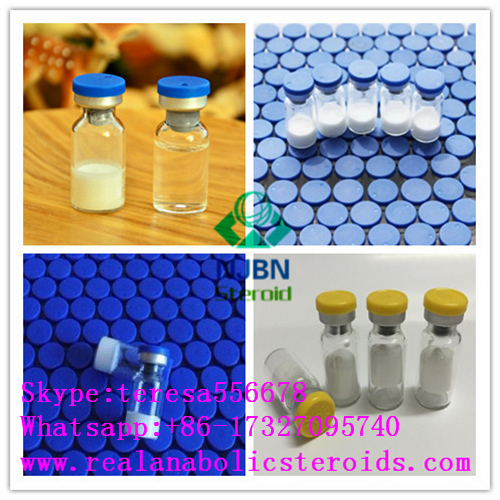| Message: | 1.Stable gastric pentadecapeptide BPC 157 is an anti-ulcer peptidergic agent, safe in inflammatory bowel disease clinical trials (GEPPPGKPADDAGLV, M.W. 1419, PL 14736) and wound healing, stable in human gastric juice and has no reported toxicity. We focused on BPC 157 as a therapy in peridontitis, esophagus, stomach, duodenum, intestine, liver and pancreas lesions. Particularly, it has a prominent effect on alcohol-lesions (i.e., acute, chronic) and NSAIDs-lesions (interestingly, BPC 157 both prevents and reverses adjuvant arthritis). In rat esophagitis and failed function of both lower esophageal sphincter (LES) and pyloric sphincters (PS), BPC 157 increased pressure in both sphincters till normal and reduced esophagitis.
2.However, in healthy rats, it may decrease (PS) or increase (LES) the pressure in sphincters. It has strong angiogenic potential, it acts protectively on endothelium, prevents and reverses thrombus formation after abdominal aorta anastomosis, affects many central disturbances (i.e., dopamine and 5-HT system), the NO-system (either L-arginine and L-NAME effects), endothelin, acts as a free radical scavenger (counteracting CCl4-, paracetamol-, diclofenac-injuries) and exhibits neuroprotective properties.
3.BPC 157 successfully heals the intestinal anastomosis, gastrocutaneous, duodenocutaneous and colocutaneous fistulas in rats, as well as interacting with the NO-system. Interestingly, the fistula closure was achieved even when the BPC 157 therapy was postponed for one month. In short-bowel syndrome escalating throughout 4 weeks, the constant weight gain above preoperative values started immediately with peroral and parental BPC 157 therapy and the villus height, crypth depth and muscle thickness (inner (circular) muscular layer) additionally increased. Thus, BPC 157 may improve gastrointestinal tract therapy.
|
 my account
my account
 log out
log out
 my account
my account
 log out
log out
